
Aesthetic functionalism posits that the beauty or aesthetic appeal of an object is derived from its function or purpose. It emphasizes that an item's design, form, and beauty are inherently linked to its practical use, asserting that functionality contributes directly to its aesthetic value. It believes everything should be created to be useful, and to avoid being wasted.

Anti-consumerism is a socio-political ideology opposing excessive consumption and the prioritization of material possessions. It advocates for reduced consumption, sustainability, and a shift away from a culture driven by buying and owning, often criticizing consumerist values for their environmental, social, and personal impacts.
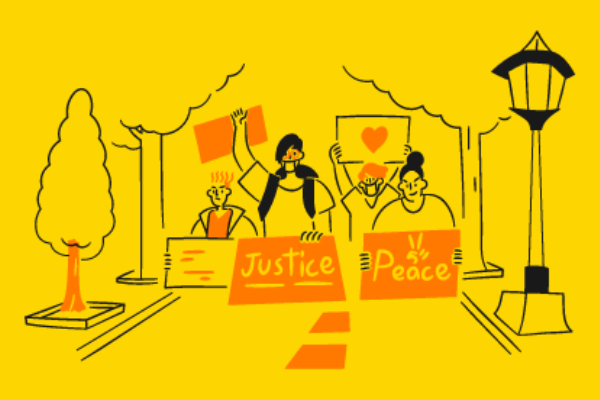
Decolonization as a philosophy involves challenging and undoing colonial legacies, seeking to dismantle systems of power, oppression, and cultural dominance imposed by colonial forces. It emphasizes restoring Indigenous rights, cultures, and knowledge, while addressing the lasting impacts of colonization on societies, economies, and identities.

The degrowth movement advocates for reducing consumption and economic output to achieve sustainability, equity, and well-being. It challenges the perpetual pursuit of economic growth, promoting alternative models that prioritize social and ecological harmony, aiming to reframe societies to prioritize sufficiency, sharing, and a balanced relationship with the environment.

Resource nationalism involves a country asserting control or ownership over its natural resources, often through policies, regulations, or nationalization. It aims to safeguard resources from neocolonial and multinational corporate exploitation, seeking to maximize domestic benefit, control production, and ensure a country's sovereignty over its own resource wealth.

Subsidiarity is a principle advocating that matters should be handled at the most local or decentralized level possible, only involving higher or centralized authorities when the lower levels cannot effectively address an issue. It emphasizes empowering communities to make decisions, promoting autonomy, and efficient governance.
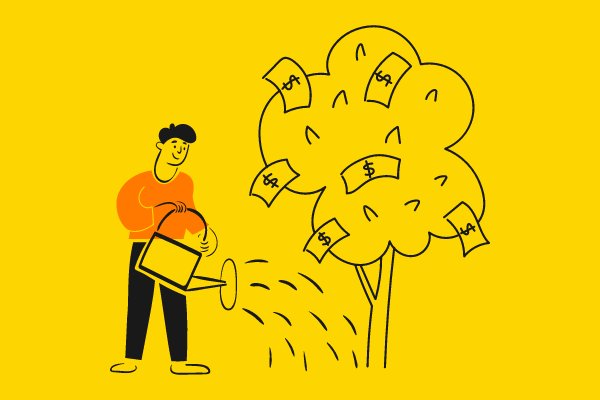
A circular economy is a system that aims to reduce waste and make the most of resources. It promotes continual use, reuse, and recycling of materials, aiming to minimize extraction and production waste. It emphasizes a closed-loop approach, where products, materials, and resources are kept in use for as long as possible. It opposes planned obsolescence.
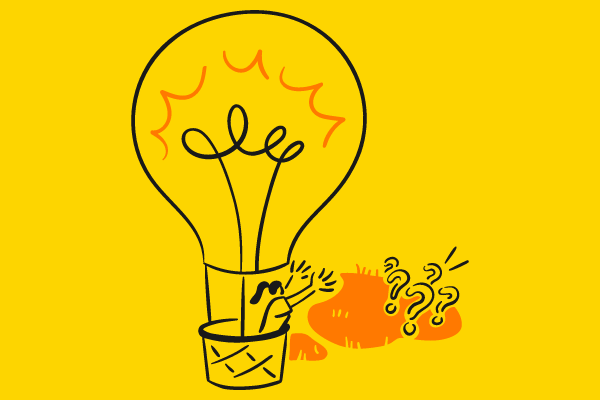
Energy democracy is a concept advocating for inclusive, community-controlled energy systems. It prioritizes decentralized, renewable energy sources, like solar panels, empowering communities to participate in decision-making, production, and distribution. The goal is to ensure fair access, sustainability, and local autonomy in energy generation and consumption.

Regenerative design focuses on creating systems that restore, renew, and enhance ecological health and vitality. It goes beyond sustainability, aiming to improve ecosystems, buildings, or products. It aligns human activities with natural processes, fostering resilience, biodiversity, and sustainability by mimicking nature's principles and cycles.
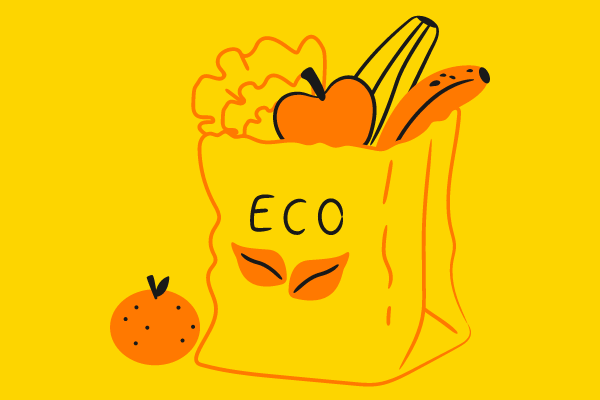
Sustainable agriculture integrates methods that maintain or enhance environmental health, economic profitability, and social equity. It aims to minimize environmental impacts, preserve natural resources, support local communities, and ensure long-term food security by employing practices such as crop rotation, conservation tillage, and reduced chemical inputs.

Transition towns are community-led initiatives fostering local resilience and sustainability in response to climate change and resource depletion. They promote self-reliance, renewable energy, local food production, and reduced carbon emissions. These grassroots movements encourage communities to proactively transition to more sustainable and resilient ways of living.

Universal design is a concept focused on creating products, environments, and systems usable by people of all abilities and ages. It aims to accommodate diverse needs without the need for adaptation, promoting inclusivity, accessibility, and usability for everyone, regardless of physical or cognitive disabilities.

Electric buses are powered by electricity, utilizing batteries or overhead power lines for operation. Their benefits include reduced emissions, quieter operation, and improved air quality in urban areas. They are less individualistic and have a lower environmental footprint than electric cars by servicing a larger number of people, including those that can not afford private vehicle ownership.

Electric trains are rail vehicles powered by electricity, usually drawn from overhead lines or electrified rails. Their benefits include lower greenhouse gas emissions, energy efficiency, quieter operation, lower air pollution, and reduced reliance on fossil fuels. They also reduce road congestion, and lower the barrier to mobility for people that do not own a private vehicle.

Food diversion networks are systems redirecting surplus or unused food from various sources, preventing it from becoming waste. These networks distribute food to shelters, food banks, or community programs, reducing food waste, addressing hunger, and promoting sustainability by ensuring surplus food benefits those in need instead of being discarded.

Food traceability platforms utilize technology to track and provide detailed information about a food product's journey from production to consumption. Benefits include increased transparency, enabling consumers to access data on origin, quality, and safety, fostering trust, ensuring accountability, and improving food safety standards within the supply chain.
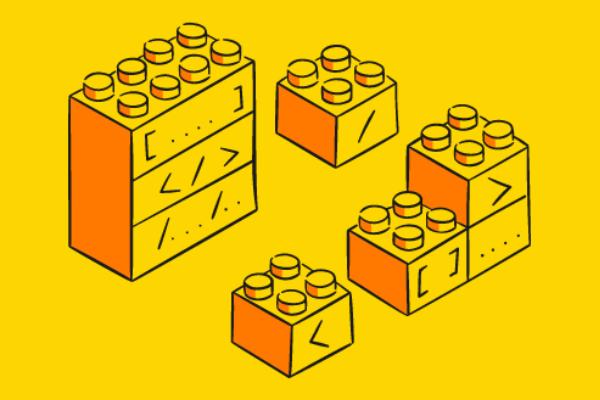
Hempcrete is a sustainable building material made from hemp fibers, lime, and water. It offers benefits such as excellent insulation properties, carbon sequestration through hemp growth, a lightweight structure, and natural humidity regulation. Hempcrete is renewable, non-toxic, and has minimal environmental impact, promoting eco-friendly construction.
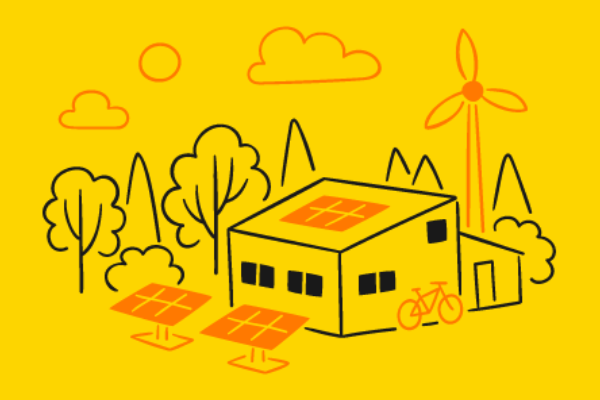
Solar roofs integrate photovoltaic panels directly into the structure, generating electricity from sunlight. Their benefits include renewable energy production, reduced electricity bills, lower carbon emissions, increased property value, and energy independence. Solar roofs contribute to sustainability by utilizing clean, renewable energy sources for residential or commercial buildings.